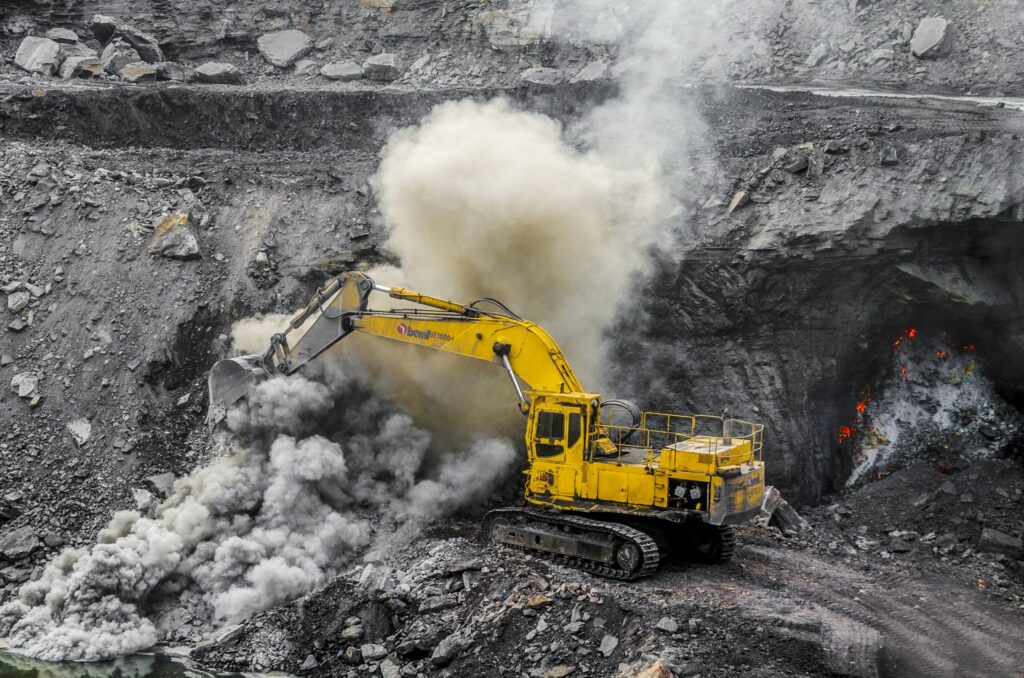LUXEMBOURG – Climate Change – A late proposal to extend subsidies for coal plants has upset European Union countries’ plans to on Monday approve a reform of the bloc’s power market, which was designed to shift the electricity system towards cleaner energy.
EU countries’ energy ministers meet in Luxembourg on Monday to agree a joint stance on new EU power market rules, aimed at expanding low-carbon power and avoiding a repeat of last year’s energy crisis, when record-high gas prices left consumers with soaring energy bills.
The proposed reform aims to make power prices more stable and predictable, by putting new state-backed renewables and low-carbon nuclear plants onto fixed-price “contracts for difference”. Ministers need to iron out details like how to spend any revenues raised by these subsidy schemes.
But the talks have been complicated by a late proposal by Sweden, which holds the EU’s rotating presidency, to allow countries to prolong capacity mechanism subsidies for coal power plants, under which they are paid to keep enough power generating capacity on standby to avoid blackouts.

Poland – which could prolong its support scheme for coal plants beyond 2025 under the proposal – said last week the idea had majority support.
But EU diplomats said some governments had pushed back on the proposal over environmental concerns, risking a deal on the overall power reforms.
“We think this is a potential dealbreaker,” one EU country diplomat said.
Coal is the most CO2-emitting fossil fuel. Scientists say its use must plummet this decade if the world is to avoid the most severe impacts of climate change.
Some EU countries say they need more flexibility in how fast they exit the fuel and support new industries in communities that have long relied on coal sector jobs. Poland gets around 70% of its power from coal.
A senior EU official said the coal loophole would only be allowed “under very specific conditions”. The official said they expected ministers to approve the power market reforms – but that it was not clear if the coal carve-out would make it into the final deal.
The proposal, seen by Reuters, said capacity mechanisms in place before July 2019 could temporarily dodge a CO2 limit the EU usually imposes on these schemes – enabling coal plants to participate – if they fail to attract enough lower-carbon generators.
Once EU countries agree their stance, they must negotiate the final power market upgrade with EU Parliament, aiming to pass the law before EU Parliament elections next year.
Reporting by Kate Abnett; Editing by Giles Elgood
